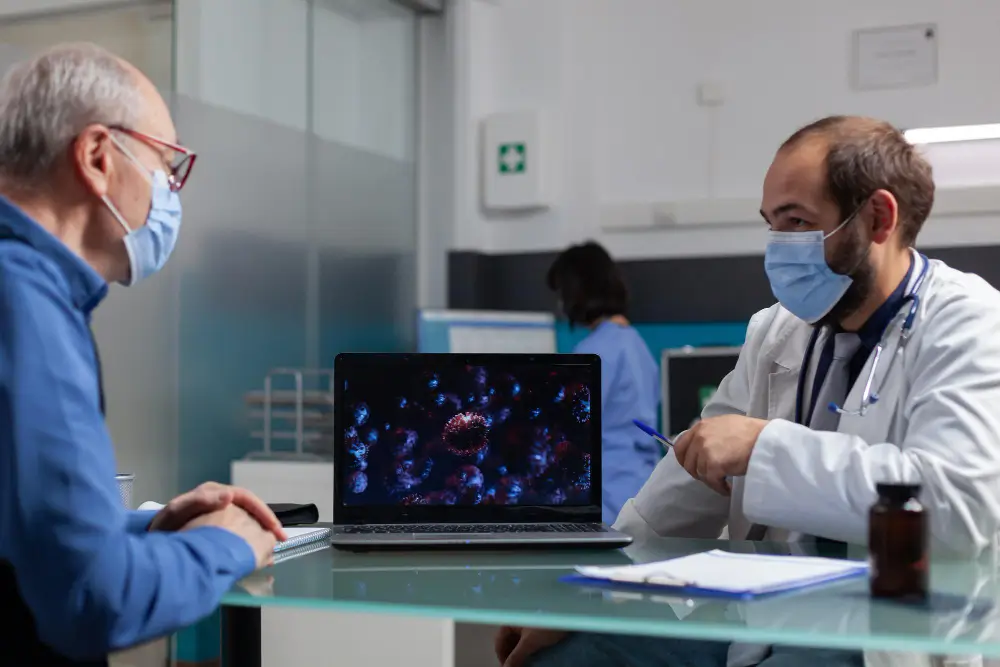Blood tests involve collecting a sample of blood from a patient, usually from a vein in the arm, and analyzing it to assess various aspects of their health. These tests can provide information about blood cell counts, cholesterol levels, glucose levels, liver and kidney function, and the presence of infections or other medical conditions.
